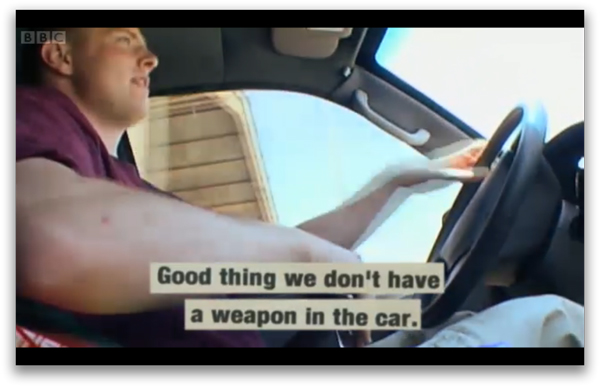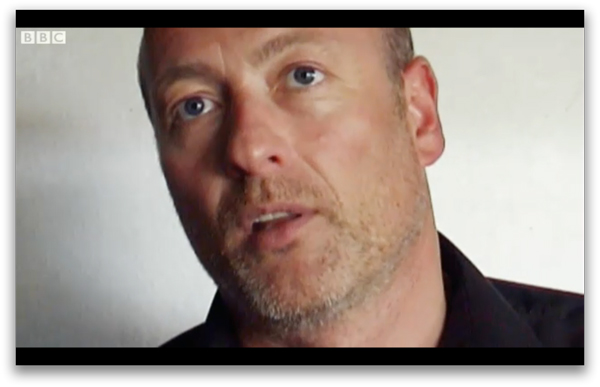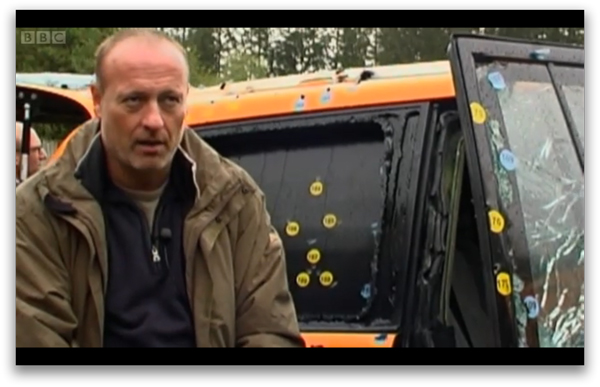Behind the Scenes at the Museum
 This is a fantastic set of documentaries by Richard Macer which looks at three ailing British Museums: The National Waterways Museum, The Freud Museum and the Commercial Vehicles Museum, under the pretense of looking at why they are failing and how they are trying to reconnect with the visiting public.
This is a fantastic set of documentaries by Richard Macer which looks at three ailing British Museums: The National Waterways Museum, The Freud Museum and the Commercial Vehicles Museum, under the pretense of looking at why they are failing and how they are trying to reconnect with the visiting public.
I firstly love this set of programmes because I love museums- I've got a real thing for them. I love the processes of collecting, accumulating, storage and display (as friends know only too well). I love the feel of them- the museums documented here are the sort of museum my childhood was filled with- wooden cases with curios and engines and stuff and I personally think there's little more British than Leyland Lorries and Canal Boats. There's a warmth and bored interest surrounding very specific information conveyed through plauqes and 'Authentic' surroundings.
So there were a few interesting bits and pieces about how the Museums faced a challenge in attracting new visitors without compromising the context and history of the space which the Museums inhabit- which are often the now disused housings of the exhibits at the museums- Boat sheds for the waterways, transport warehouses for the buses and lorrries, old mills for the Victorian industrial revolution that sort of thing. One poignant point from the now ex Director of the Waterways museum was that a few years ago visitors were visiting these places as there was a nostalgia for them. These visitors had canal boats and stuff when they were kids and so there was an interest in getting back to that. Now, however there was no such nostalgia. The canal boats were now an anachronism, and the museum's challenge was in making these almost alien artifacts relevant to an audience who felt no real affinity towards them.
All the documentaries though, happily veered off towards the people who were within the museums- those working and volunteering to keep the place running, and the relationships and politics between them. Whilst there were some traditonalists who were stuck in the 'olden days' the most interesting thing for me was seeing the passion and enthusiasm which the volunteers put into their respective tasks and the camaraderie they found through it. The Commercial Vehicles Museum had a particularly endearing character called Errol (pictured) who had been an employee at Leyland and now worked in the cafe at the museum- he heated up mushroom soup, morrisons beans, and buttered baps for ham sandwhichs. He was so happy- and the friendship between these, almost exclusively, old men was quite touching to watch.
I'm sure to most it sounds like a rubbish watch but I think it's an important, interesting bit of social, anthropological history which most people will be able to relate to. Check them out here until 3rd June: BBC Behind the Scenes at the Museum
Arghghghrhgrghghwowhwhj!
AFOL A Blocumentary from AFOL on Vimeo.
OMG OMG things I wish I'd done.
Mastercrafts: Green Wood Craft
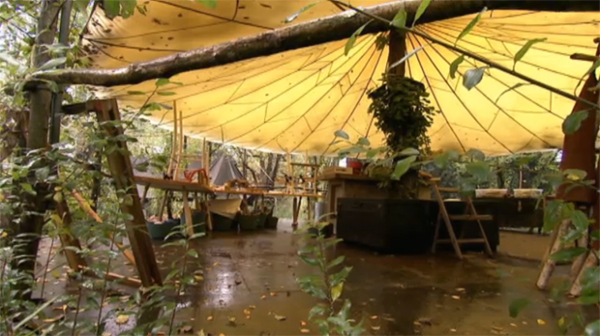
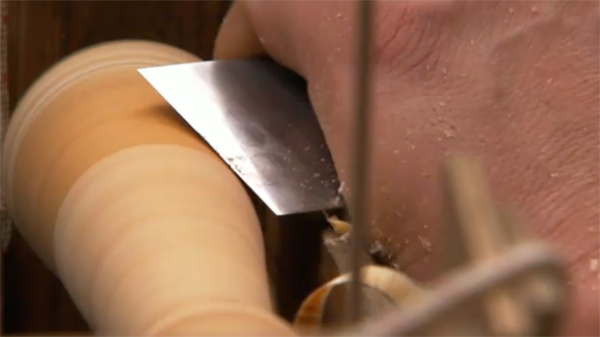
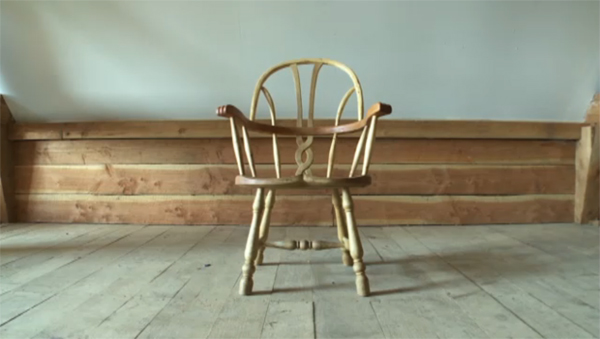 Amazing and inspiring documentary about wood work- really makes you want to run away into a forest and do some bodging. They talk about how in the modern world we are too disconnected from all the material sourcing and making processes and that with creating your own tools and objects (from lathes to kitchen spatulas to decorative chairs) comes a real freedom. The stuff they make is ridiculously strong and durable and when one guy talks about how he's spent 60 hours crafting a chair you get a real idea of the value imbued in that object.
Amazing and inspiring documentary about wood work- really makes you want to run away into a forest and do some bodging. They talk about how in the modern world we are too disconnected from all the material sourcing and making processes and that with creating your own tools and objects (from lathes to kitchen spatulas to decorative chairs) comes a real freedom. The stuff they make is ridiculously strong and durable and when one guy talks about how he's spent 60 hours crafting a chair you get a real idea of the value imbued in that object.
Taking this topic somewhere else: I feel that if more of the stuff and objects we owned were either made by us- or had some kind of time and value invested into them by us, then that would be good thing. Possessions with a narrative attached to them- 'I found this thing here' or 'I restored this' or 'I made this'- seem to be more special and used with a greater joy than some white goods cracked out from China or something. (I think most people have a few things like this- for myself it's the chair that I found in the street, the table I made, the bike my brother restored for me, and the cafetiere that I discovered down Deptford Market.)
I'd like to figure out ways of getting some of the essence of the show mentioned into my life in London. Suggestions very much welcomed.
Beautiful Documentary
So recently it seems that I've been enjoying documentaries more and more, maybe it's something to do with all the interviews i've been doing, or maybe there's just more better documentaries out there. Anyway this is a sad, brilliant and interesting film about life in Japan told by looking at a struggling couple. Link: Japan: a story of love and hate
Bulletproof Salesman
Found this on iplayer. It's a great documentary about an German armoured car salesman. It's just a great film with a couple of beautiful moments, including one about breaking and improving. I hope the rest of this 'Storyville' series is as good. Link: Bulletproof Salesman